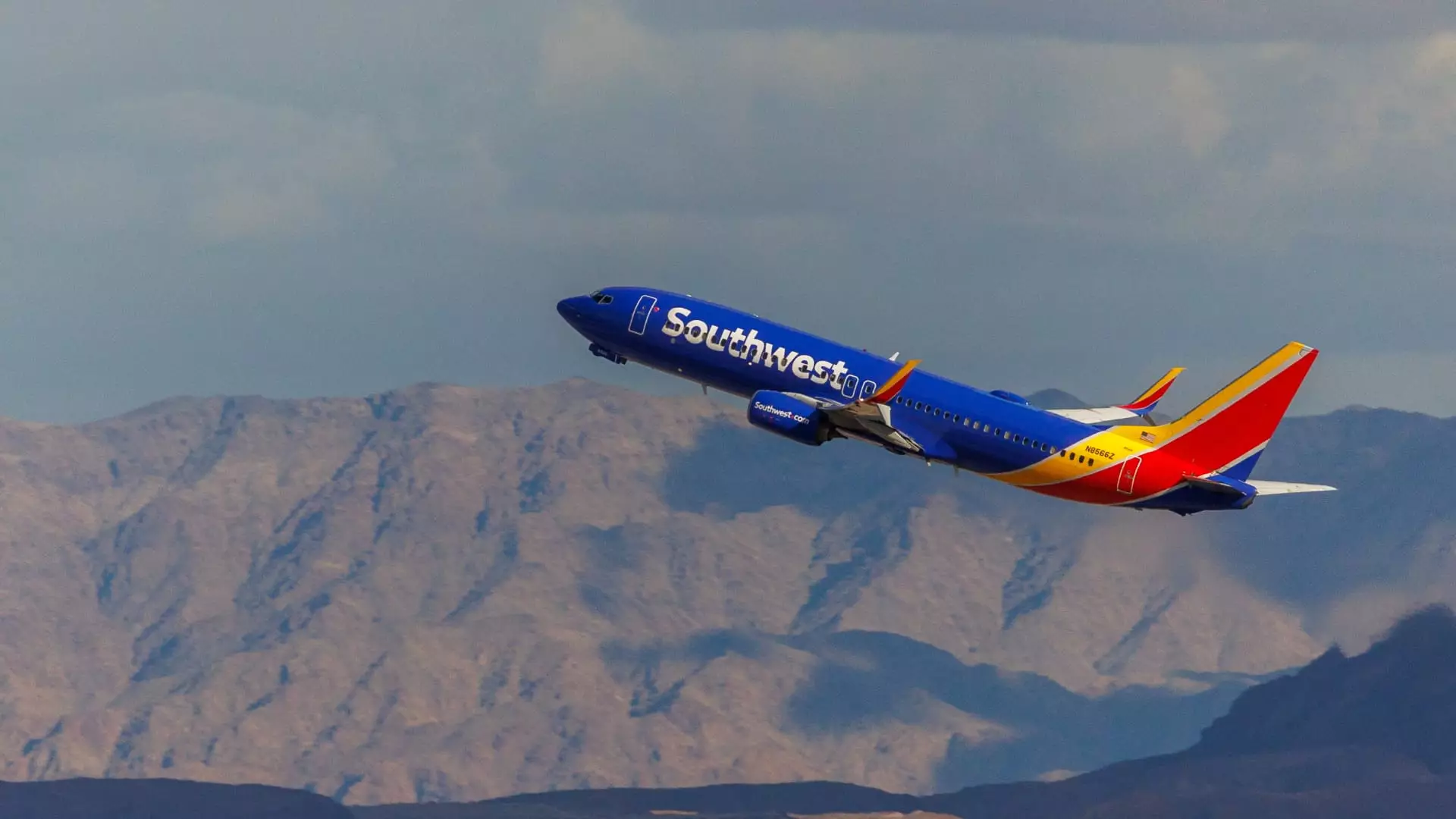Southwest Airlines, a pioneer in low-cost air travel, is undergoing significant changes to its business model after 53 years of flight. The airline is set to discontinue open seating in favor of offering extra legroom seats on its planes. This decision comes after mounting pressure to increase revenue and cater to evolving customer preferences.
Southwest Airlines conducted extensive research that revealed the open seating model as the primary reason customers opted for competitors. A staggering 80% of Southwest customers expressed a preference for assigned seating. This compelling data led to the conclusion that transitioning to a more structured seating arrangement was the right move for customers, employees, and shareholders.
CEO Bob Jordan emphasized the importance of adapting to changing customer preferences and travel patterns. With the shift towards longer flights, the significance of having an assigned seat has become more pronounced. Southwest’s decision to introduce extra legroom seats aims to attract corporate business travelers and enhance the overall flying experience.
Southwest anticipates generating substantial revenue through the sale of extra legroom seats and assigned seating. The expected annual revenue is projected to exceed $1 billion, rivaling the earnings from current ancillary products. Although the pricing difference between standard economy and extra legroom seats will be minimal, the impact on revenue is expected to be significant.
Pressure from activist investor Elliott Investment Management prompted Southwest to expedite its seating changes. The airline faced criticism for its slow response to industry trends and customer preferences. The demand for segmented products, similar to other airlines, necessitated a strategic shift in Southwest’s business model.
Despite calls for new leadership from Elliott, CEO Bob Jordan remains steadfast in steering the company through its transformation. Southwest’s commitment to its “bags fly free” policy, coupled with the introduction of extended legroom seats, aims to enhance the overall customer experience. The upcoming changes reflect the airline’s dedication to innovation and adaptability in a competitive market.
Southwest Airlines’ decision to transition from open seating to assigned seating marks a significant milestone in its 53-year history. The shift towards offering extra legroom seats underscores the airline’s commitment to meeting customer preferences and driving revenue growth. As Southwest embarks on this new journey, the industry will be watching closely to see how these changes impact the overall flying experience for passengers.

